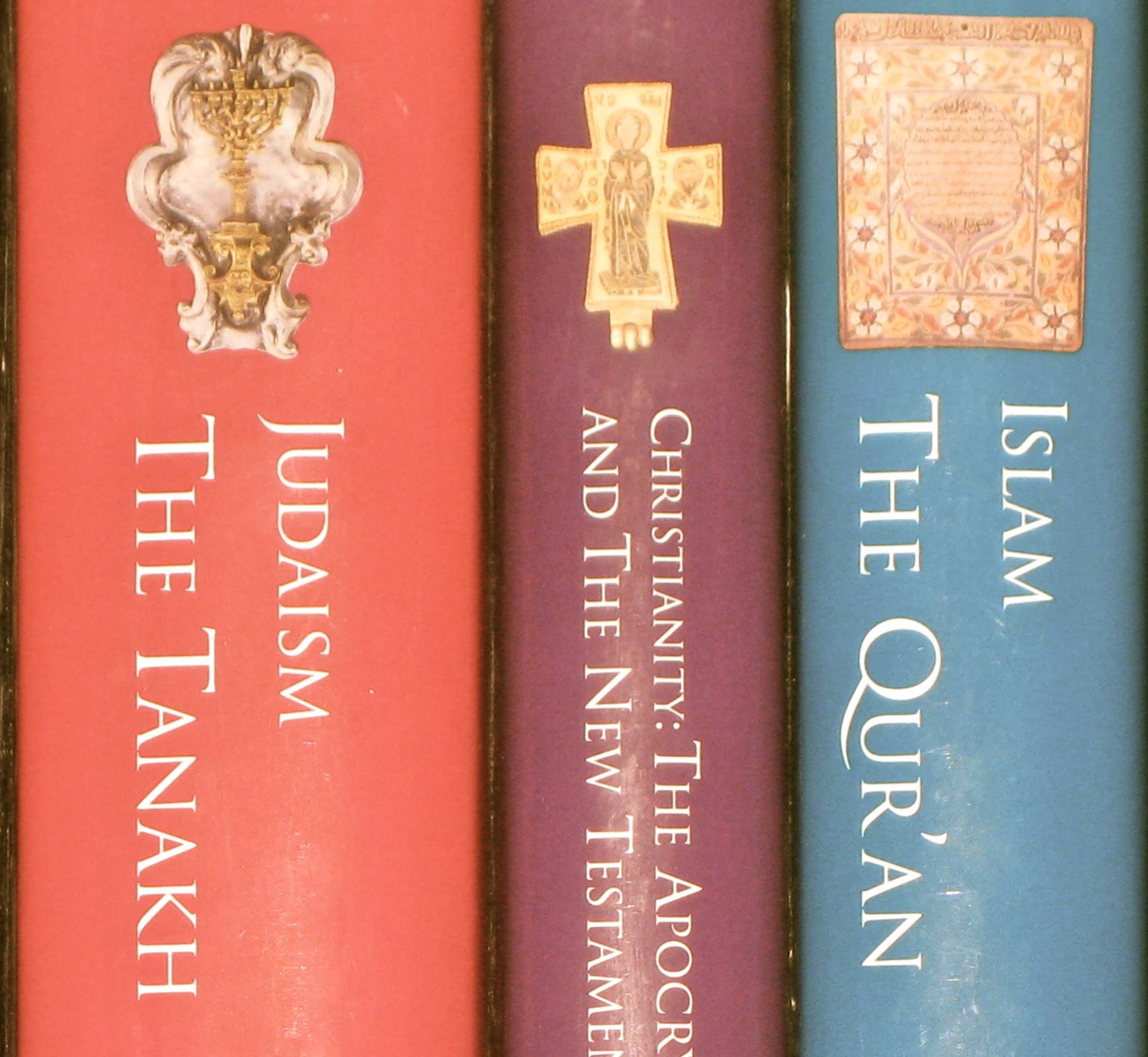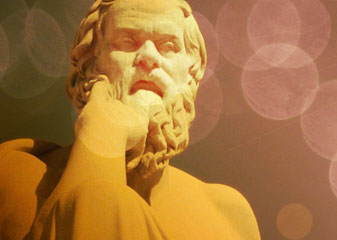A-Level Religious Studies
 |
 |
Examination Board: OCR
RS develops intellectual abilities important for life as a whole. It enhances analytical, critical, and interpretive capacities that are applicable to any subject matter and in any human context. Students are challenged with a rigorous curriculum aimed at academic growth and intellectual creativity. As Rene Descartes said: “It is not enough to have a good mind. The main thing is to use it well.”
The skills you can develop though the study of philosophy and religious studies are those that employers are looking for. Most students with an A-Level in RS receive offers from different universities specialised in scientific and humanitarian studies. Students get good jobs in a wide range of fields including law, medicine, business, education, journalism, public policy, government, religion, communication fields, public relations, retail management, social service and many more.
Religious Studies is a versatile subject and it combines with all subjects. English and History will help the analytical understanding, as well as Maths and Science in general.
Learners take three components:
Philosophy of Religion
(e.g. Arguments about the existence or non-existence of God, the nature and impact of religious experience)
Religion and Ethics
(e.g. debates surrounding the significant idea of conscience, sexual ethics and the influence on ethical thought of developments in religious beliefs)
Development in Religious Thought (Christianity)
(e.g. significant social and historical developments in theology and religious thought, key themes related to the relationship between religion and society).
How is the course assessed?
All examinations are at the end of Y13.
Each component will be assessed by 3 out of 4 essay questions.
Each component is 33.3% of total A Level. Every essay is marked out of 40
How can families help?
What family trips might be useful?
Any conference/lecture at any University (online lectures/podcast/TedTalk)
What activities might parents encourage?
Anything that stimulates intellectual curiosity. From museums to theatres. Reading is a must!

 Beaconsfield High School
Beaconsfield High School